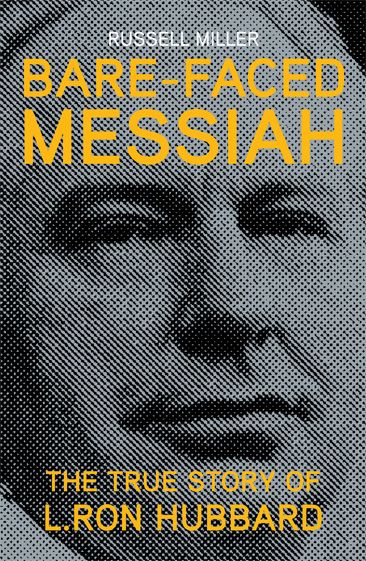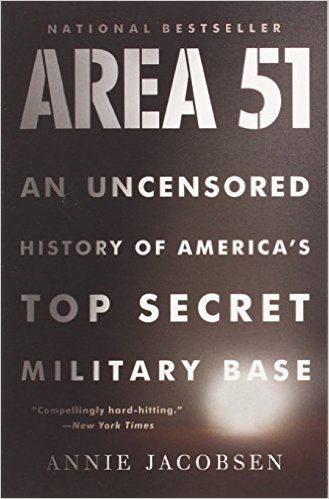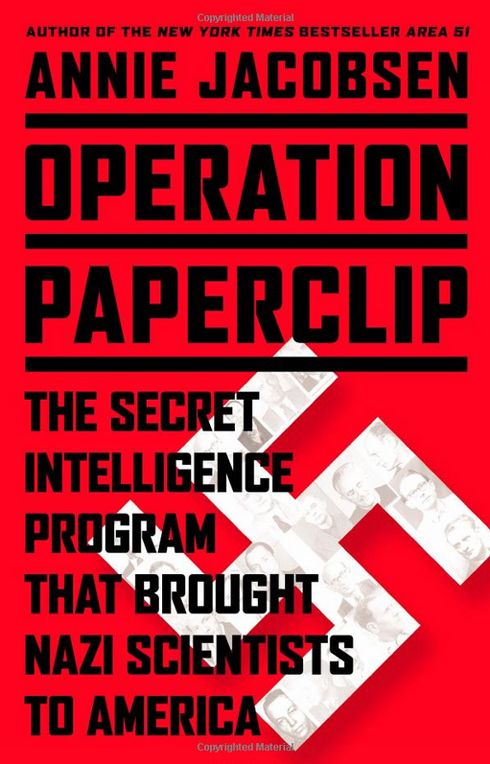When it comes to reading, I’ve spent most of my time with fantasy and sci-fi. I have fond memories of The Belgariad by David Eddings, The Council Wars by John Ringo, Piers Anthony’s Xanth series, and of course stuff like the pre-Disney Star Wars novels and Harry Potter. I’ve read a lot over the years, but recently I’ve come to appreciate non-fiction.
It was a slow realization that I should get out of my literary comfort zone. Robert Heinlein is my favorite author, and to say that he changed my life would be a gross understatement. Heinlein’s characters are all so intelligent and well read, often citing classic works. Thanks to novels of Heinlein like The Number of the Beast, Time Enough for Love, and I Will Fear No Evil, I began to branch out into classic and influential writing.
My girlfriend took me to see Neil Gaiman speak live. She’s a huge fan of his, but I only know his name from being part of the comic book scene. I’ve never read any of his work. He was immensely entertaining, and one thing that stuck with me was his advice to aspiring writers. “Read non-fiction,” he said. “You’ll find all of these great things in there, and you can use it in your fiction and look like a genius.” The audience all laughed, of course, but it made me realize how I’ve been ignoring this vast well of information. So I have been taking steps to rectify that. My girlfriend is always reading two books at once: one fiction and one non-fiction. I can’t process books the way she does, so I’ve been alternating between the two. Here are some of the books I’ve read recently.
Bare-Faced Messiah: The True Story of L Ron Hubbard, by Russel Miller

I’ve had a morbid fascination with Scientology since Tom Cruise started to go off the rails when he married my TV crush Katie Holmes. This book focuses more on the man behind the religion, and it’s shocking to see how he, from a very young age, simply decided to create his own story. Very little of what Scientologists are taught about Hubbard is real, and his personal account got more and more outlandish as he got more recognition. To say he had a cult of personality is nearly understating his power to sway entire crowds of people. Chilling stuff!
Area 51: An Uncensored History of America’s Top Secret Military Base, by Annie Jacobsen

Before you ask, no, this is not about aliens. In fact, this book debunks the idea of the Roswell crash, alien autopsies, and reverse engineering extraterrestrial spacecraft. In actuality, this is the story of how the CIA rose to power during The Cold War, and how much power the agency had in terms of the development and testing of nuclear weapons and advanced spy craft. There is also a power struggle between the CIA and the Air Force, and the shocking audacity of how far nuclear testing really went. I came away from this book truly disgusted with what went on (and continues) at Area 51, which is still disavowed by the government. This book is impeccably researched and written, and when I finished it I immediately purchased her other two books. Which leads me to:
Operation Paperclip: The Secret Operation That Brought Nazis Scientists to America, by Annie Jacobsen

When I saw Captain America: The Winter Soldier, I thought that they had invented Operation Paperclip for story telling purposes. During the Area 51 novel I realized how wrong I was. This is the book I’m reading right now, and I’m not very far into it, but I’m already ashamed to know that the American government gave asylum to these monsters. Perhaps I’ll learn that they ended up saving more lives than they destroyed, but a few chapters in all I can think is how they should have been locked away and kept from a lab at all costs.
That’s it for now. I’m on a total Cold War kick right now. I also bought Bridge of Spies, which inspired the excellent Tom Hanks movie from a couple years ago, a book about the end of The Cold War, and a book about Watergate, which I still know little about. I also have a few books about the video game industry to read, because I am crazy about video game history.






Comments